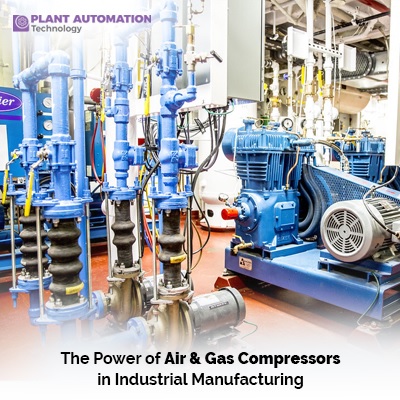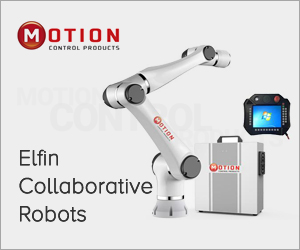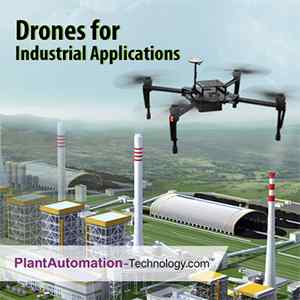The Power of Air & Gas Compressors in Industrial Manufacturing

In the realm of industrial manufacturing, where efficiency, reliability, and precision are paramount, the role of air and gas compressors cannot be overstated. These essential machines play a vital role in a wide range of industrial processes, from powering pneumatic tools to facilitating chemical reactions. In this article, we delve into the workings of air and gas compressors, their applications across various industries, advancements driving their evolution, and the critical role they play in enhancing productivity and sustainability.
Understanding Air & Gas Compressors
At its core, an air or gas compressor is a mechanical device that increases the pressure of air or gas by reducing its volume. This process is achieved through various mechanisms, such as reciprocating pistons, rotary screws, centrifugal force, or dynamic compression. The compressed air or gas can then be stored in tanks or used directly in industrial processes.
Applications across Industries
Air and gas compressors find extensive use across diverse industries, showcasing their versatility and importance. In manufacturing, compressors power pneumatic tools like drills, grinders, and impact wrenches, providing a reliable source of compressed air for efficient operation. In the automotive sector, compressors are integral to air conditioning systems, ensuring comfort and safety for vehicle occupants.
Moreover, the chemical industry relies on compressors for processes like gas separation, refrigeration, and chemical synthesis. In construction, compressors power jackhammers, nail guns, and paint sprayers, enhancing construction efficiency and quality. The aerospace sector utilizes compressors in aircraft systems for pressurization, climate control, and pneumatic actuation, showcasing their critical role in aviation safety and performance.
Advancements Driving Innovation
Advancements in compressor technology have significantly contributed to enhanced performance, energy efficiency, and environmental sustainability. Modern compressors incorporate advanced control systems that optimize operation based on demand, reducing energy consumption and operating costs. Variable speed drives (VSDs) allow compressors to adjust their speed to match varying workload requirements, further improving efficiency.
Additionally, advancements in materials, lubrication systems, and sealing technologies have extended compressor lifespan, reduced maintenance needs, and minimized environmental impact. Oil-free compressors, for instance, eliminate oil contamination risks, making them ideal for applications requiring clean air, such as pharmaceutical manufacturing and food processing.
Enhancing Productivity and Sustainability
The impact of air and gas compressors on industrial productivity and sustainability is profound. By providing a reliable source of compressed air or gas, these machines enable faster production cycles, reduced downtime, and improved product quality. Pneumatic tools powered by compressors offer ergonomic benefits, enhancing worker safety and comfort while increasing efficiency.
Moreover, the adoption of energy-efficient compressors and practices contributes to sustainability goals by minimizing energy consumption, carbon emissions, and environmental footprint. The integration of renewable energy sources, such as solar and wind power, into compressor systems further promotes sustainable manufacturing practices, aligning with global efforts to reduce carbon emissions and combat climate change.
Challenges and Future Trends
Despite their many benefits, air and gas compressors face challenges related to maintenance, energy efficiency, and system integration. Maintenance requirements, including regular lubrication, filter replacement, and system inspections, are essential to ensure optimal compressor performance and longevity. Energy efficiency remains a priority, driving ongoing innovations in compressor design, control systems, and operational practices.
Looking ahead, the future of air and gas compressors in industrial manufacturing is marked by advancements in digitalization, predictive maintenance, and smart technologies. Internet of Things (IoT) connectivity enables real-time monitoring of compressor performance, proactive maintenance scheduling, and data-driven insights for optimizing efficiency and reliability. Artificial intelligence (AI) algorithms can analyze compressor data patterns, predict potential failures, and recommend preventive actions, reducing downtime and maintenance costs.
Furthermore, the integration of compressors into smart industrial networks and energy management systems allows for seamless coordination with other equipment, energy optimization, and demand response capabilities. These trends pave the way for a more interconnected, efficient, and sustainable industrial landscape, where air and gas compressors play a central role in driving productivity, innovation, and environmental stewardship.
Conclusion
In conclusion, air and gas compressors are indispensable assets in modern industrial manufacturing, powering a wide range of processes and applications across diverse industries. Their evolution, driven by technological advancements and sustainability imperatives, continues to enhance productivity, efficiency, and environmental performance. As industries embrace digitalization, smart technologies, and energy optimization strategies, air and gas compressors will remain key enablers of innovation, driving the future of manufacturing toward greater productivity, sustainability, and competitiveness.







